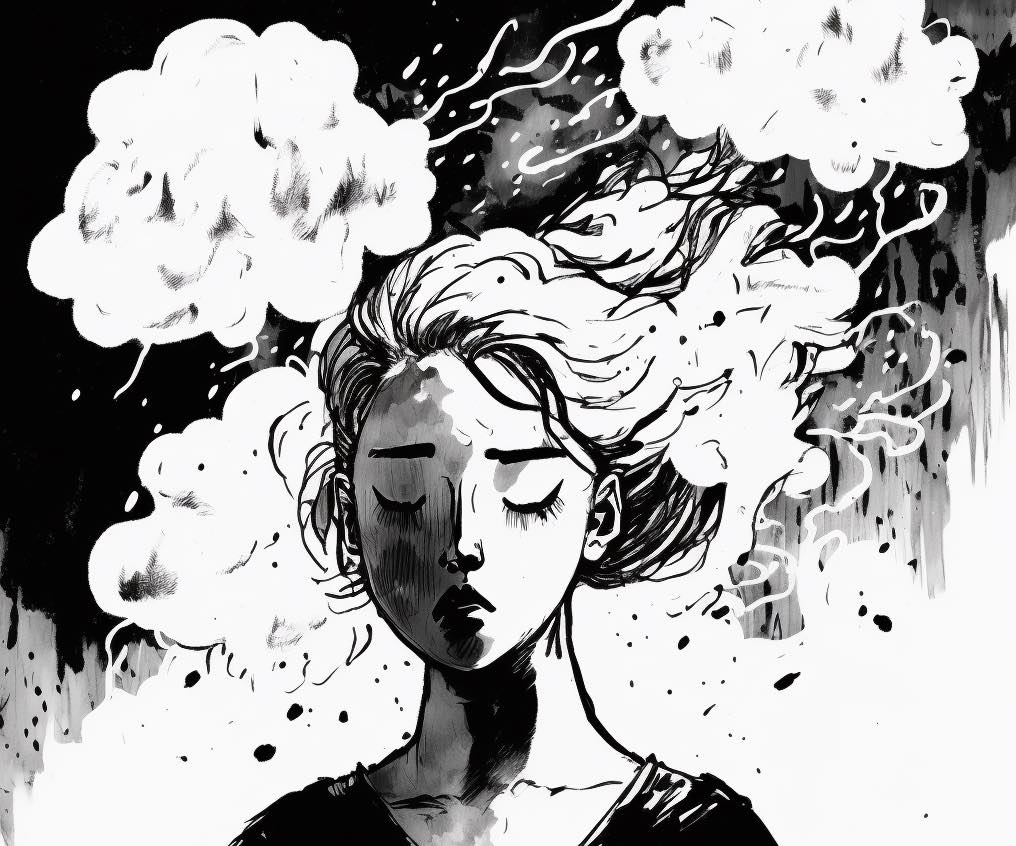When we think of Obsessive Compulsive Disorder (OCD), we often only think of it as a disorder. However, it can be seen as more than just a disorder with negative connotations – it can be seen as a combination of themes and thought processes.
OCD is a mental health condition that is characterized by intrusive thoughts, which often lead to compulsions, or rituals that are meant to reduce anxiety. These compulsions often become repetitive, uncomfortable, and even disabling.
However, rather than viewing OCD as a disorder, we can look at it as a combination of themes and thought processes. OCD can be seen as a combination of fear, doubt, and perfectionism. People with OCD may fear making mistakes, and they often doubt their decisions and choices. They may also strive for perfection in all aspects of their life, which can lead to further anxiety and distress.
By viewing OCD as a combination of themes and thought processes, rather than a disorder, we can better understand the root of the condition. We can also work to provide more effective treatment for those suffering from OCD.
I used to wake up every morning feeling overwhelmed by negative thoughts. It was like a thick, dark cloud of negative energy that prevented me from being able to focus. I felt powerless and like I would never be able to overcome the feelings of fear and worry.
But then I learned how to identify the cognitive themes behind my thoughts and how to challenge them. This was a huge step in helping me deal with my struggles. I learned to be mindful of my thoughts and to create a positive inner dialogue with myself. Instead of reacting to my thoughts with fear, I was able to take a step back and challenge them.
I also learned how to focus on the present moment instead of worrying about the future. This allowed me to be more mindful and to recognize when negative thoughts were creeping in. With practice, I was able to recognize and address them in a healthier way.
Overall, learning to identify and challenge the cognitive themes behind my thoughts has been a huge help. It has enabled me to take control of my thoughts and to be more mindful of the present moment. I am now better equipped to deal with my struggles and to live a more positive life.
Tayla, New Jersey
Cognitive themes of OCD
Obsessive-compulsive disorder (OCD) is a complex mental health disorder that can take many forms. The cognitive themes of OCD relate to the intrusive, persistent, and often distressing thoughts associated with the disorder. It’s important to note that everyone experiences intrusive thoughts differently, and there is no one-size-fits-all approach to treatment. However, there are some common cognitive themes associated with OCD that can help with better understanding the condition.
The first cognitive theme associated with OCD is perfectionism. People with OCD often experience an intense need for perfection, so much so that it can interfere with their ability to complete tasks. Thoughts related to perfectionism may include fear of making mistakes, fear of not being good enough, and fear of embarrassment. Those with perfectionistic OCD may find that they spend an excessive amount of time on tasks in order to make sure they are done “just right.”
The second cognitive theme is responsibility. People with OCD may obsess over the idea that they are responsible for things that are out of their control. Thoughts related to responsibility may include fear of causing harm, fear of not being able to protect others, and fear of being blamed for something. Such thoughts can lead to compulsive behaviors, such as checking and rechecking to make sure everything is done correctly or excessively cleaning and organizing.
The third cognitive theme is doubt. People with OCD often experience an unrelenting sense of doubt in themselves and their decisions. Thoughts related to doubt may include fear of making the wrong decision, fear of not doing enough, and fear of making a mistake. These thoughts can lead to compulsive behaviors, such as re-reading and re-analyzing information or questioning even the most minor decisions.
The cognitive themes of OCD often have a significant impact on a person’s life. It’s important to understand the cognitive themes associated with OCD and to seek the help of a qualified mental health professional who can help you better manage the condition.
Tips for managing your OCD cognitive themes
- Build awareness of your thoughts and feelings throughout the day and take note of the times when your OCD thoughts become more frequent or intense.
- Identify the obsessions and compulsions associated with your cognitive themes and make a list of them so that you can be more aware of them when they arise.
- Keep a journal to record your thoughts and feelings related to your OCD, including any triggers that may have caused them. This can help you identify patterns and become more aware of the cognitive themes that are associated with your OCD.
- Learn to separate between the trigger (intrusive or initial thought) and the OCD story (a continuous development and elaboration that can be controlled and managed).
